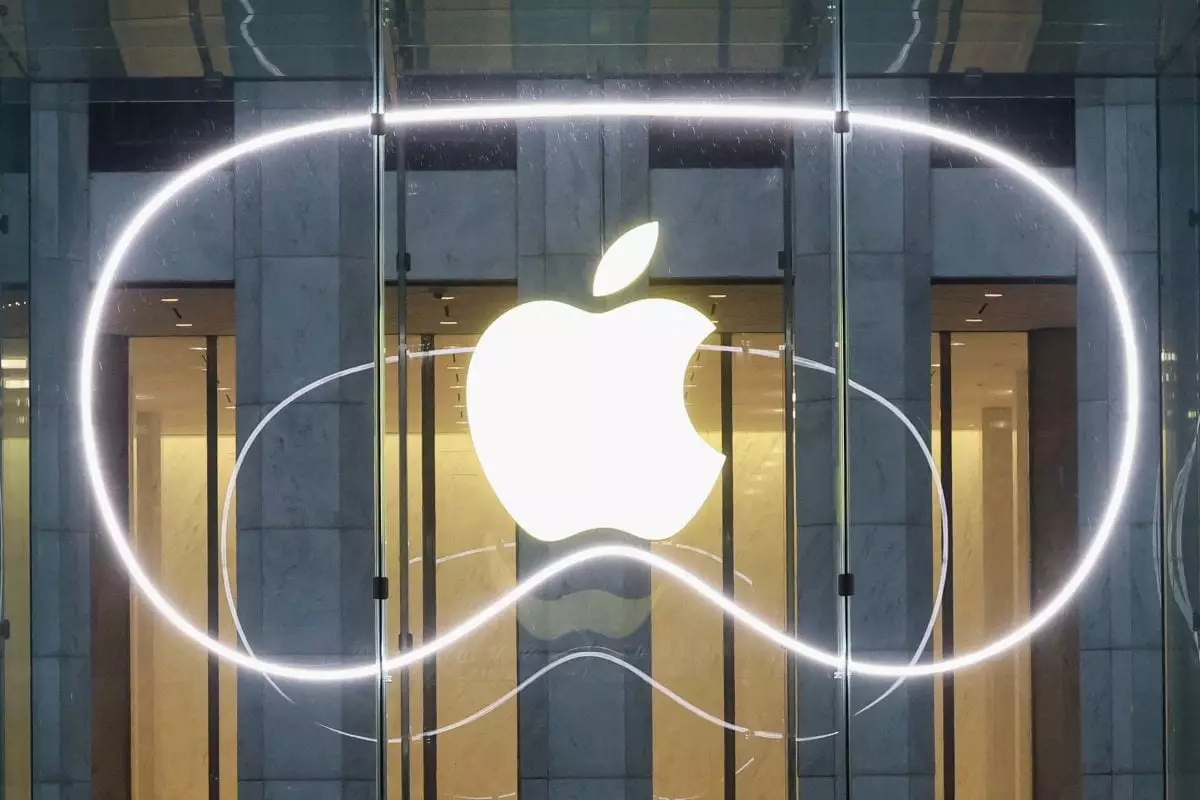The ongoing conflict between the U.S. National Labor Relations Board (NLRB) and Apple has once again come to the forefront as the agency has made serious allegations against the tech giant. The crux of the matter revolves around Apple’s alleged interference with employees’ rights to organize and advocate for better working conditions, particularly through the use of social media and workplace communication tools like Slack.
According to a complaint filed by the NLRB, Apple stands accused of enforcing restrictive rules regarding the use of Slack. The company allegedly barred employees from voicing workplace concerns and engaging in discussions pertinent to their rights. Further compounding these allegations, Apple is said to have unlawfully terminated an employee who actively utilized Slack to push for necessary changes in the workplace. The enforcement of policies that seemingly surveil employee activity on social media platforms adds another layer of concern regarding Apple’s commitment to facilitating open dialogue and collective advocacy among its workforce.
This situation is not an isolated incident; the NLRB’s recent complaint marks the second time this month that Apple has found itself in the crosshairs of labor relations scrutiny. The board had previously accused Apple of demanding employees across the organization to comply with illegal confidentiality and noncompete agreements. Furthermore, the broad scope of Apple’s misconduct and social media policies raised questions about the balance between protecting company interests and preserving employees’ rights to voice their opinions.
In the face of these allegations, Apple has emphatically denied any wrongdoing. A representative from the company articulated its commitment to fostering “a positive and inclusive workplace” while emphasizing that it takes employee complaints seriously. Apple is poised to present its case at an upcoming administrative hearing, which could be crucial for the future of its employee relations practices. The company’s insistence on correcting what it claims are misinterpretations of its policies reflects a broader strategy of maintaining its corporate narrative in the face of regulatory challenges.
While Apple holds its ground, the stakes are high. Should the case proceed to a hearing, an administrative judge will review the arguments presented, with potential repercussions for the company should the ruling not favor its position. The possibility of appeals stretching all the way to federal court emphasizes the significance of labor relations precedents in this matter.
At the heart of this conflict is Janneke Parrish, a former Apple employee who asserts that she was dismissed from her position in 2021 due to her active role in employee activism. Through Slack and various social media platforms, Parrish sought to introduce vital discussions around permanent remote work, pay equity, and issues relating to discrimination within the company. Her case illustrates the challenges faced by employees who dare to speak out against perceived injustices, especially in a corporate environment that may not encourage such discourse.
Parrish’s legal counsel, Laurie Burgess, has characterized Apple’s management policies as “extensive violations” of fundamental labor rights. The legal battle has the potential to highlight significant issues, including the boundaries of employers’ authority over digital communication and the protection of employees engaging in activist efforts. The implications of this case extend beyond the individual circumstances of Parrish; they speak to wider concerns regarding employee empowerment in the modern workplace.
As Apple navigates this complex legal landscape, the ramifications could extend to other corporations grappling with employee dissent and calls for reform. The way companies respond to advocacy initiatives significantly shapes their workplace culture and can influence public perception. Businesses that adopt overly restrictive measures may stoke discontent among employees, highlighting the delicate balance between maintaining operational integrity and ensuring staff members feel empowered to advocate for their rights.
The NLRB’s accusations against Apple signal a substantial moment in the ongoing discourse around employee rights and corporate governance. As these events unfold, the outcome may not only impact the future of Apple but could also establish precedents that resonate throughout the corporate world, affecting labor relations and employee advocacy for years to come.


Leave a Reply